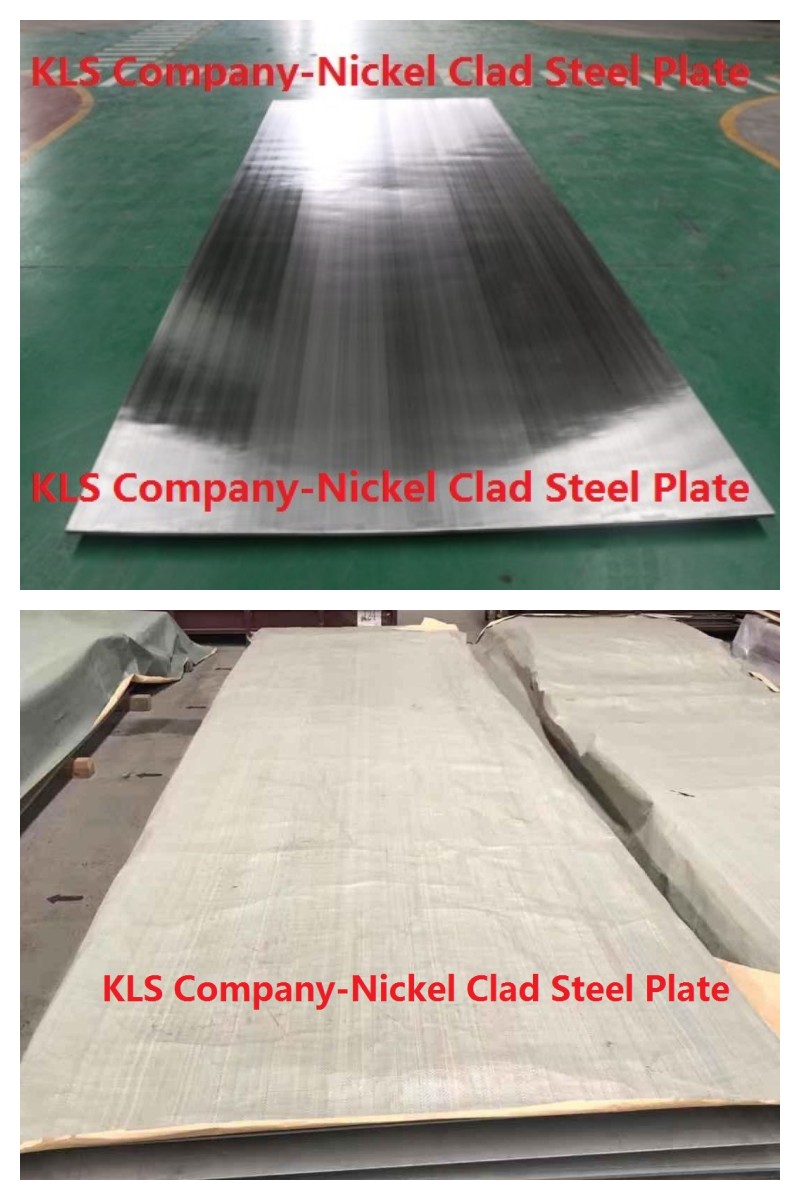Your Position: Home - Nickel - How Does Nickel Clad Steel Improve Corrosion Resistance and Durability?
In industries such as chemical processing, marine engineering, and power generation, materials must withstand harsh conditions, including extreme temperatures and corrosive environments. Nickel Clad Steel Plate is a high-performance material designed to enhance durability and corrosion resistance while offering cost-effective solutions compared to solid nickel alloys.
By combining the strength of carbon or stainless steel with the protective properties of nickel, nickel clad steel plates extend the lifespan of critical components and reduce maintenance costs. But how exactly do they improve corrosion resistance and durability? Let’s explore their key advantages.
The foundation of a nickel clad steel plate is typically carbon steel or stainless steel, chosen for its high mechanical strength and cost efficiency. This base layer ensures excellent structural integrity, making the plate suitable for applications requiring high pressure and load-bearing capacity.
Nickel clad steel plates are produced using advanced bonding methods such as explosion welding, roll bonding, and diffusion bonding. These processes create a metallurgical bond between the base steel and nickel layer, preventing delamination and ensuring long-term performance under stress.
Industries that require heavy-duty equipment, such as petrochemical processing and power plants, benefit from nickel clad steel plates due to their superior resistance to wear, impact, and fatigue. This durability extends the service life of pipelines, tanks, and heat exchangers.
Nickel is known for its exceptional resistance to oxidation, acids, and alkalis. The nickel layer on a nickel clad steel plate serves as a protective barrier against aggressive chemicals, preventing corrosion-related failures in demanding environments.
Nickel alloys can withstand extreme heat without degrading, making nickel clad steel ideal for high-temperature applications such as boilers, reactors, and exhaust systems. Their ability to resist thermal expansion and cracking ensures long-lasting performance.
Nickel clad steel plates prevent electrochemical corrosion, a common issue in industries dealing with seawater, acidic solutions, and industrial waste. The nickel cladding minimizes the risk of galvanic corrosion, preserving the integrity of critical infrastructure.

Nickel clad steel plates are widely used in chemical plants and refineries, where they provide excellent resistance to sulfuric acid, hydrochloric acid, and other corrosive substances. Their durability ensures reliable performance in heat exchangers, pressure vessels, and storage tanks.
In marine environments, corrosion resistance is crucial for shipbuilding, offshore oil rigs, and desalination plants. Nickel clad steel plates protect structures exposed to saltwater, reducing the need for frequent repairs and increasing operational efficiency.
While solid nickel components offer superior corrosion resistance, they are expensive and heavy. Using a nickel clad steel plate provides the same benefits at a lower cost, optimizing both material expenses and manufacturing efficiency.
Nickel clad steel plates offer a practical and cost-effective solution for industries that require high corrosion resistance and durability. Their combination of a strong steel base and a protective nickel layer ensures long-term reliability in harsh environments.
Are you considering nickel clad steel plates for your next project? What challenges have you faced with corrosion resistance? Share your thoughts and questions in the comments below!
15
0
0
Previous: None
Next: none
Comments
All Comments (0)